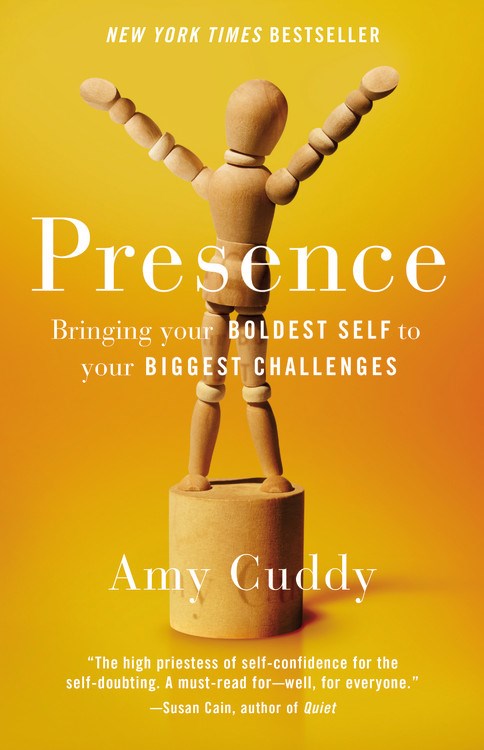Jack Covert Selects - Creating a World Without Poverty
Creating a World Without Poverty: How Social Business Can Transform Our Lives by Mohammad Yunus, PublicAffairs, 261 pages, $26. 00, Hardcover, January 2008, ISBN 9781586484934
Economist and banker Muhammad Yunus has often been described as a visionary. His work with microcredit lending earned him the Nobel Peace Prize in 2006; the only other recipient that year was the micro lending company he founded, Grameen Bank.
Creating a World Without Poverty: How Social Business Can Transform Our Lives by Mohammad Yunus, PublicAffairs, 261 pages, $26.00, Hardcover, January 2008, ISBN 9781586484934
Economist and banker Muhammad Yunus has often been described as a visionary. His work with microcredit lending earned him the Nobel Peace Prize in 2006; the only other recipient that year was the micro lending company he founded, Grameen Bank.
Much of Creating a World Without Poverty focuses on the "Grameen Experiment," documenting the financial practicality of a social business. You may be asking, "What is a social business anyway?" Well, Yunus believes that "to make the structure of capitalism complete" a new kind of business needs to emerge "not to achieve limited personal gain but to pursue broad social goals." Tackling concerns usually associated with aide groups, social businesses differ from non-profits and NGOs in that they don't rely on charitable donations and grants to pursue their mission.
Yunus believes global markets can alleviate poverty, writing that "Globalization, as a general business principle, can bring more benefits to the poor than any alternative," but tempers that enthusiasm with statements like, "Unfettered markets in their current form are not meant to solve social problems and instead may actually exacerbate poverty, disease, pollution, corruption, crime, and inequality." This is what he believes social business can address. He sums up his feelings, writing "I am in favor of strengthening the freedom of the market. At the same time, I am very unhappy about the conceptual restrictions imposed on the players in the market."
Yunus continues to broaden the concept of business. One example is Grameen's entering a joint venture in Bangladesh with Group Danone (Dannon) to help address the serious malnutrition that exists there. Grameen Danone is a social business, producing fortified yogurt to shore up the diet of rural Bangladeshi--primarily children--and selling it at a price that keeps the venture self-sustaining, but no more than that. The business pays no financial dividends to its investors--it exists solely to address a need and if they turn a profit, it will be used to expand its capacity to affect human lives.
We all know the business model works, and that it drives innovation and progress. Yunus is working in that tradition, suggesting and that alongside our profit-driven businesses, it would serve us well to build businesses driven by social concerns--and he is proving it can work. If enough people get on board, we may some day realize Yunus's vision of putting poverty in a museum.
